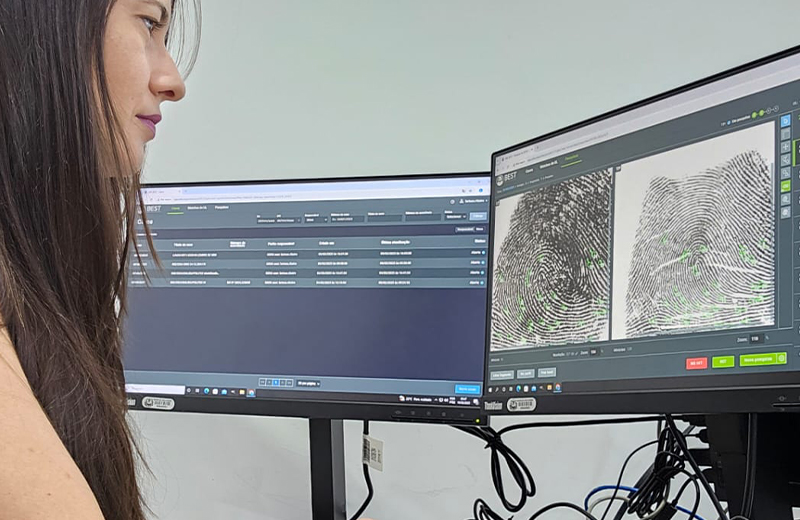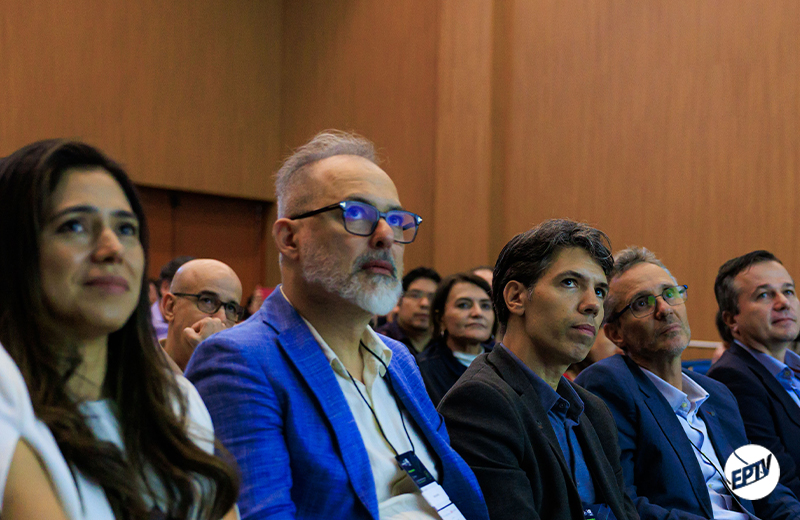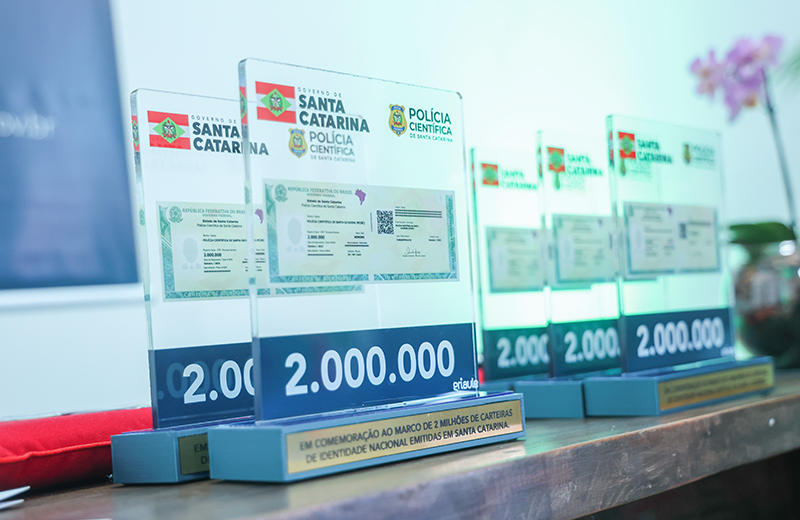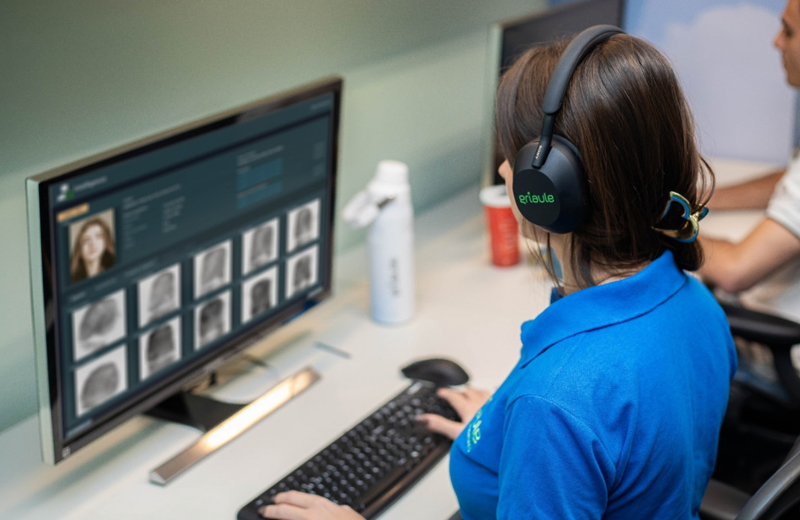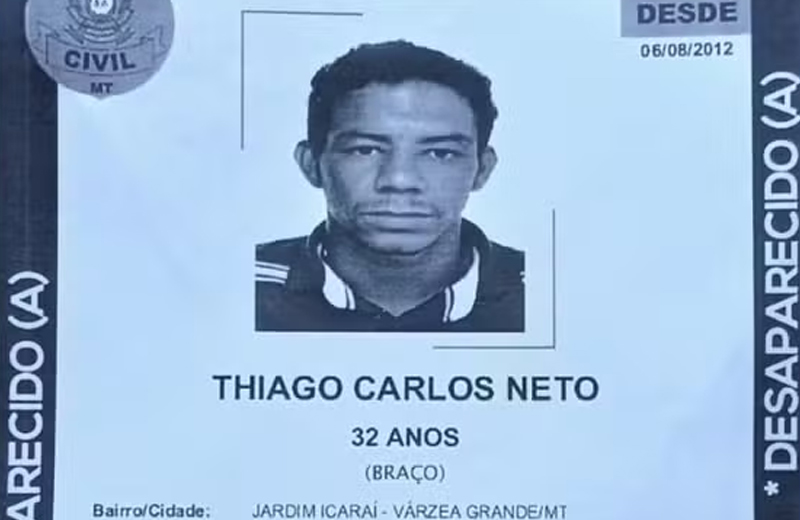São Paulo - The exchange of babies in maternity wards has already been the subject of Brazilian soap operas and a quick Google search is enough to verify that the problem is real and that there are reports of it in the press. Because of this, the Ministry of Health, at the request of the National Council of Justice, issued an ordinance in February 2018 that makes the biometric registration of babies in maternity hospitals compulsory. Since January of this year, the Military Police Hospital in Belo Horizonte has been using the technology to identify newborns, and is the first in Brazil to adopt this practice.
The initiative works with the technology of the Brazilian company Griaule, founded in Campinas in 2002. A leader in the segment in the country, the company has more than 4,000 clients. It is responsible for managing data for the Superior Electoral Court (TSE), Caixa Econômica Federal and other banks. It is also a technology supplier to the State of Arizona, in the United States.
As the baby's fingerprints are small, Griaule registers what it calls a palmprint. Instead of placing individual fingers on the sensor for registration, the newborn's entire hand is scanned. The accuracy, according to the company, is almost 100%.
The palm print is taken as soon as the baby is born. This data is then linked to the mother's. João Weber, director of Griaule, says that the problem of changing newborns in maternity wards is a big one in Brazil.
"Often the baby's switch is only discovered years later. It's a frequent problem and not often talked about. We created the technology to solve it," said Weber, in an interview with EXAME. "The interesting thing is the impact of this technology. There are many cases of child trafficking throughout Brazil and of exchanges in maternity hospitals. These are problems that have yet to be solved. Biometric identification tackles this."
Griaule's project with the Belo Horizonte Military Police Hospital also envisages using the biometric data collected to prevent pension fraud within the corporation.
This excerpt is part of the full content published by the Exame website on May 13, 2019, available at this link.

